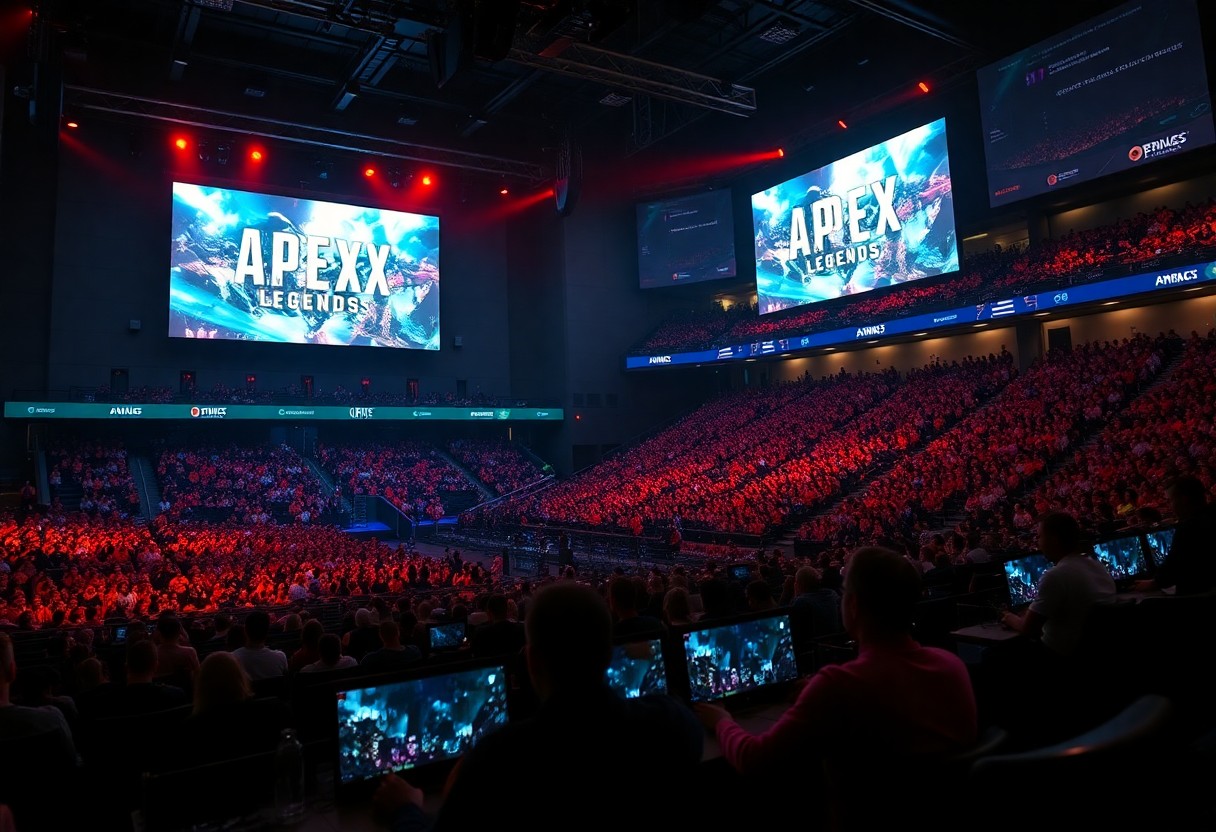There’s a growing anticipation within the gaming community as Apex Legends approaches the year 2025, with questions surrounding its capability to deliver consistent LAN events. Esports has exponentially evolved in recent years, and LAN events have become a hallmark of competitive gaming. These in-person competitions not only foster a deeper connection between players and fans but also enhance the overall viewing experience.
Apex Legends, developed by Respawn Entertainment and published by Electronic Arts, exploded onto the scene in February 2019 and has seen a steady influx of players. As its popularity burgeoned, so did its esports scene, which has seen the organization of several competitive tournaments. The Apex Legends Global Series (ALGS) has been one of the symbolic platforms for competitive play, but the transition from online tournaments to LAN events has been a journey marked with challenges.
One of the key factors for successful LAN events is substantial financial investment. Esports organizations, sponsors, and developers must be willing to allocate resources towards these events. Apex Legends has the backing of a significant publisher in Electronic Arts, which enables the potential for grand-scale events with larger prize pools. However, considerations about ROI (Return on Investment) remain for potential investors and sponsors. As the esports landscape becomes increasingly saturated, presenting a clear advantage for organizations to invest in Apex Legends LAN events is important.
Another aspect to consider is the community’s overall engagement with the game leading up to 2025. Sustaining a vibrant player base is pivotal for maintaining interest in competitive events. Apex Legends has experienced various ups and downs concerning player retention and new content releases. The developers’ commitment to delivering fresh updates, seasonal events, and quality content will influence the community’s enthusiasm and, thus, the viability of consistent LAN events. A strong, engaged player base often translates into greater attendance and viewership at events.
Technical reliability is an additional element that cannot be overlooked. While online tournaments are often subject to connectivity and server performance issues, LAN events can similarly encounter challenges. Ensuring stable technical setups and the readiness of all equipment is vital. The APEX community has faced growing pains in the past, including server crashes and technical difficulties. If the developers commit to refining their infrastructure and ensuring a seamless competitive experience, LAN events could significantly benefit.
Finally, the atmosphere of LAN events adds immeasurable value to esports competitions. The energy of live audiences can elevate the competitive experience for players, allowing them to perform at their best. Successful LANs often lead to deeper connections among players and fans, fostering community growth. The question remains if Apex Legends can capitalize on this environment and craft memorable experiences that draw people together.
In a nutshell, the potential for Apex Legends to deliver consistent LAN events in 2025 hinges on factors such as financial investment, community engagement, technical reliability, and the overall offline experience. If the developers and stakeholders take the appropriate steps to address these areas, they could usher in a new era of live competitive gaming for Apex Legends, captivating audiences worldwide.







